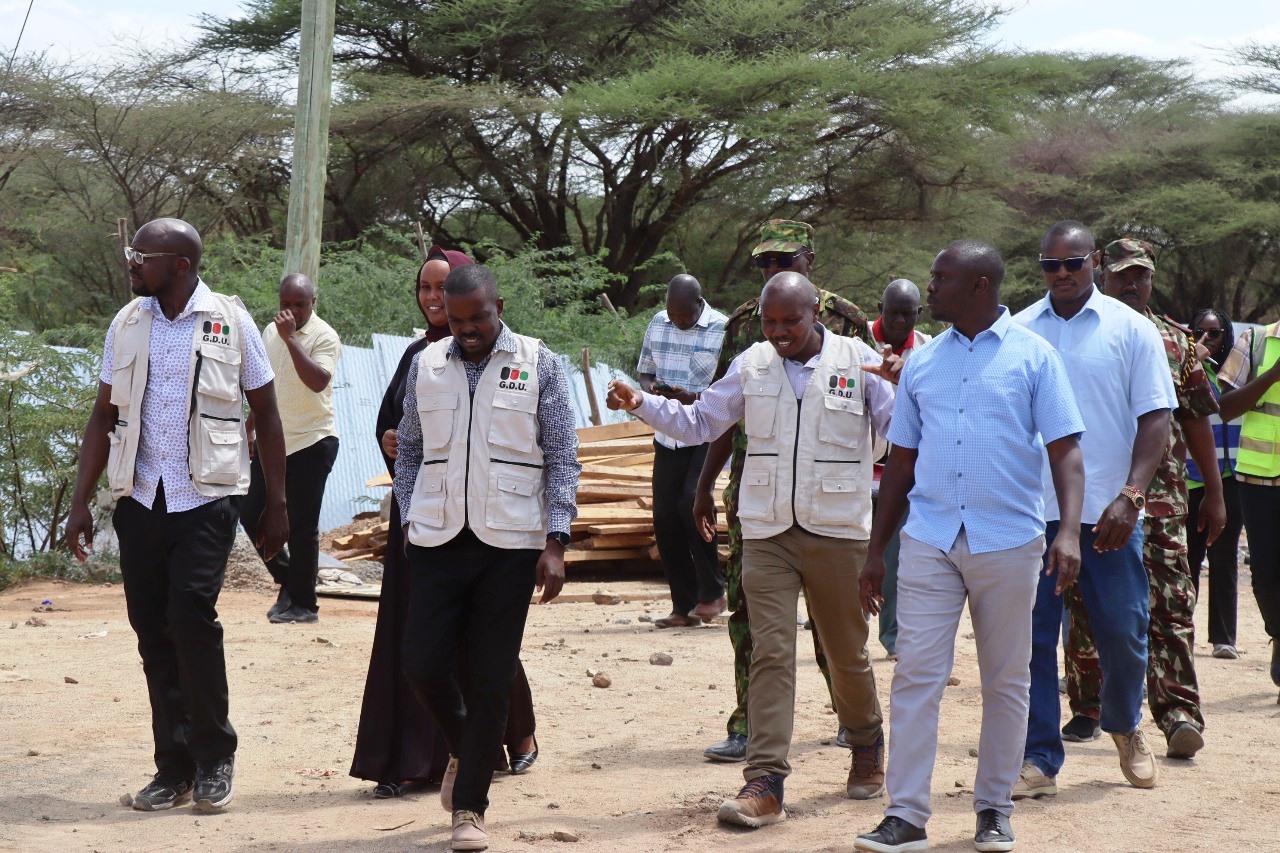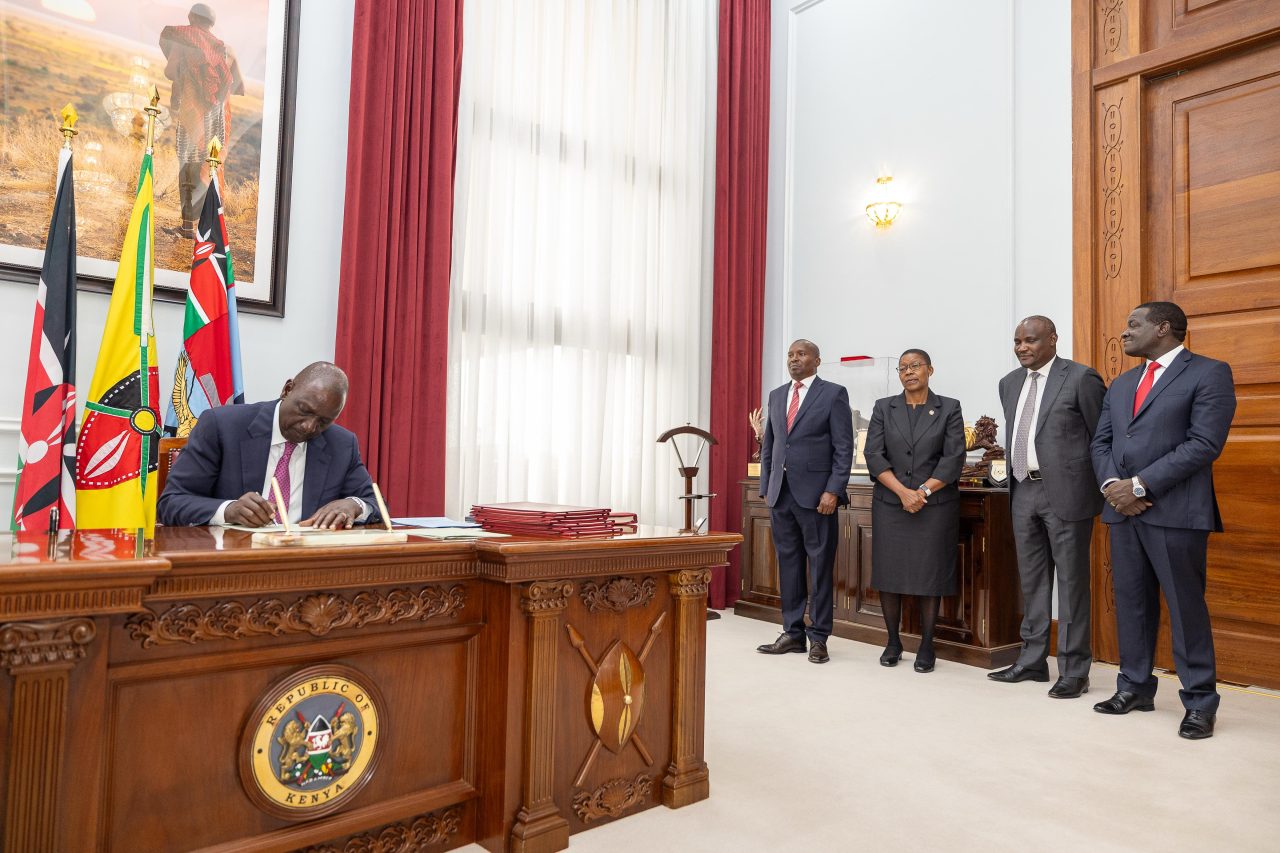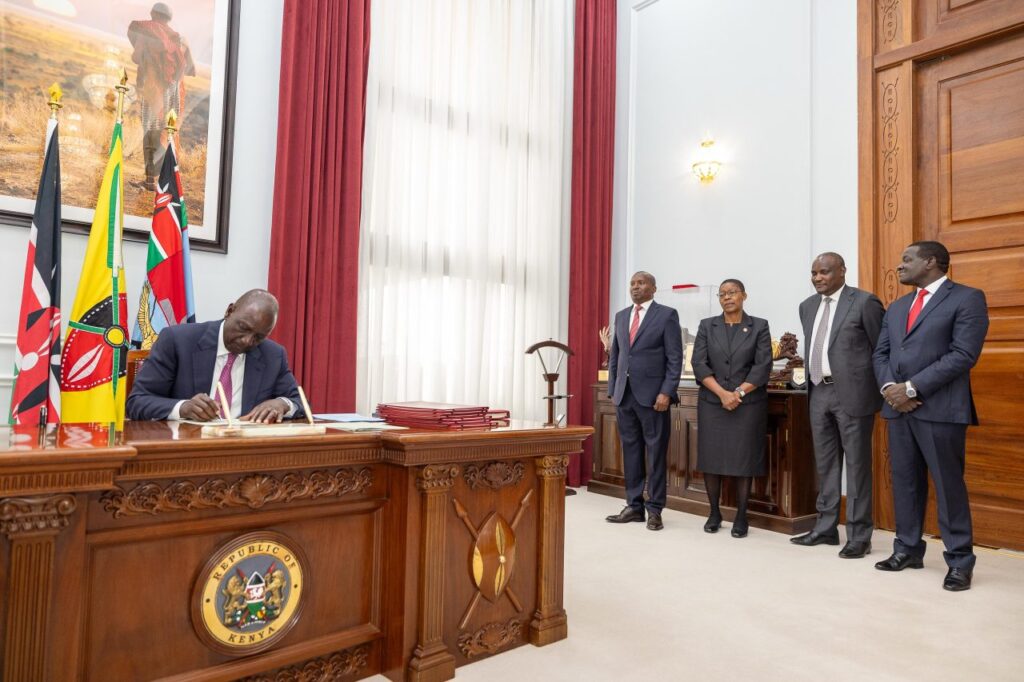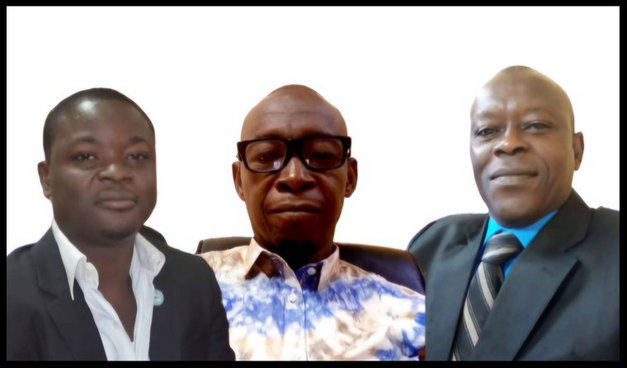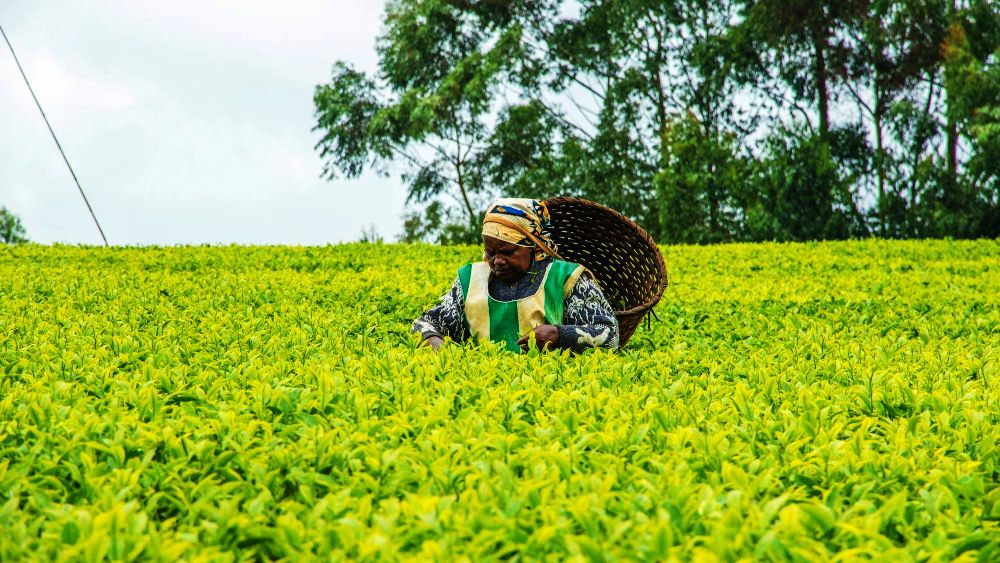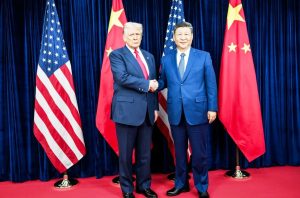President William Ruto at a state function. PHOTO/UGC.
As Kenya grapples with an unprecedented economic crisis and escalating allegations of corruption, a question that should weigh heavily on the minds of every citizen is whether President William Ruto is truly fit to lead this nation.
Recent explosive claims made by former Public Service Cabinet Secretary, Justin Muturi, have cast a dark shadow over the President’s administration, suggesting that Ruto may be directly involved in masterminding corrupt government dealings. These allegations raise urgent questions about his adherence to the Constitution and whether it is time for Kenya to take the difficult but necessary step of impeachment.
At the heart of the accusations against President Ruto is the grave charge of corruption. The Kenyan Constitution, in its Chapter Six, is clear on the expectations for public officers, including the President. It mandates that those in positions of power must serve the people with integrity, transparency, and accountability. Any evidence suggesting that President Ruto is involved in corrupt practices represents not just a violation of this constitutional provision, but a betrayal of the very public trust that he was elected to uphold.
The allegations from Muturi are not to be taken lightly. If proven true, they would signify a fundamental breach of the principles that ought to guide public leadership. Ruto, who ascended to power promising a government free of corruption, would stand exposed as the very antithesis of the change he promised. This would, without a doubt, call into question his legitimacy to hold office and, by extension, his ability to lead the country towards prosperity.
The economic hardships faced by ordinary Kenyans cannot be overstated. Under President Ruto’s leadership, the country has seen escalating taxes, widespread job losses, and a stark decline in living standards. The introduction of controversial levies, such as the Housing Fund tax, has further alienated the citizenry. For many, these policies seem designed not to alleviate the national economic burden, but to cater to specific powerful interests that are far removed from the everyday struggles of the common Kenyan.
It is not just the financial burden that has caused unrest; it is the perception that the administration is indifferent, if not outright dismissive, of the ordinary citizens it purports to serve. Protests and public dissent have become more frequent as Kenyans voice their frustration at a government that seems to disregard their welfare. Such a pattern of mismanagement and disregard for public sentiment could very well qualify as gross misconduct, a reason for impeachment as outlined in the Constitution.
Beyond the economic turmoil, the state of human rights in Kenya has deteriorated under Ruto’s administration. The growing withdrawal of corruption and human rights abuse cases against members of his inner circle suggests a troubling pattern of impunity. Under a leader committed to justice, these issues should have been addressed with the seriousness they deserve. Instead, the failure to hold perpetrators accountable, coupled with a climate of fear and repression, paints a disturbing picture of the current state of governance in Kenya.

Former Public Service Cabinet Secretary, Justin Mutur, made startling revelations about President William Ruto’s corrupt government dealings. PHOTO/UGC
The government’s failure to protect its citizens and ensure the rule of law is one of the most serious charges against any leadership. By fostering an environment where corruption thrives and human rights abuses go unpunished, President Ruto undermines the very principles of justice and equality that are meant to define the nation.
Kenya’s Constitution provides a clear mechanism for removing a President from office should the need arise. Article 145 lays out the procedures for impeachment, with the National Assembly playing a central role. A motion to initiate impeachment can be brought forward by a member of the Assembly and must be supported by at least one-third of the members. If the motion is then backed by two-thirds of the Assembly, it proceeds to the Senate for a final vote. This rigorous process ensures that the decision to remove a sitting President is not taken lightly, but is grounded in substantial evidence and national consensus.
However, the constitutional process is not the end of the road; it is merely a beginning. It is the responsibility of the citizens and their elected representatives to take up this mantle, ensuring that accountability is not sacrificed in the face of political expediency. The legitimacy of Kenya’s democracy hinges on its commitment to justice, fairness, and the rule of law – all of which are threatened when the leadership itself is accused of undermining these very principles.
Kenya is at a pivotal moment in its history. The allegations against President Ruto, when considered alongside the ongoing economic crisis and the erosion of human rights protections, demand more than just passive contemplation. It is time for the citizens of Kenya, along with their elected representatives, to act.
If the accusations against President Ruto are substantiated, impeachment could be the only path forward to restore integrity to the office of the President and reaffirm the values enshrined in the Constitution. The Kenyan people must not allow their hopes for a better future to be thwarted by a leadership that fails to serve their interests.
Accountability is the cornerstone of any democratic society. The Kenyan public must hold its leaders to the highest standards and demand nothing less than the truth. If William Ruto is indeed guilty of the charges levied against him, then his impeachment is not just an option; it is a moral and constitutional imperative.
Kenya’s future depends on the choices its people make today. Is it time to hold President William Ruto accountable? The answer, with every passing day, becomes clearer.
